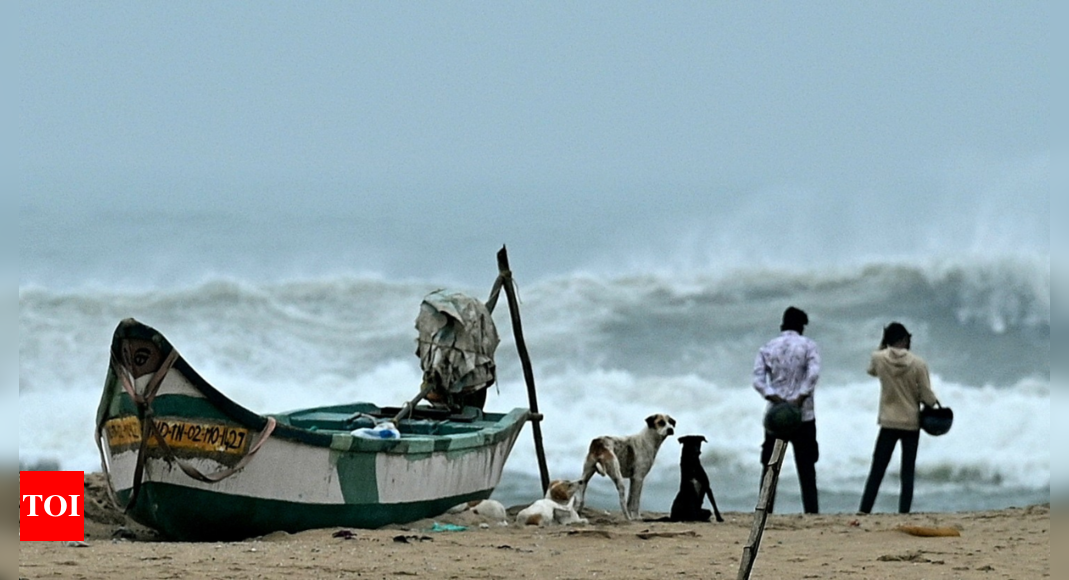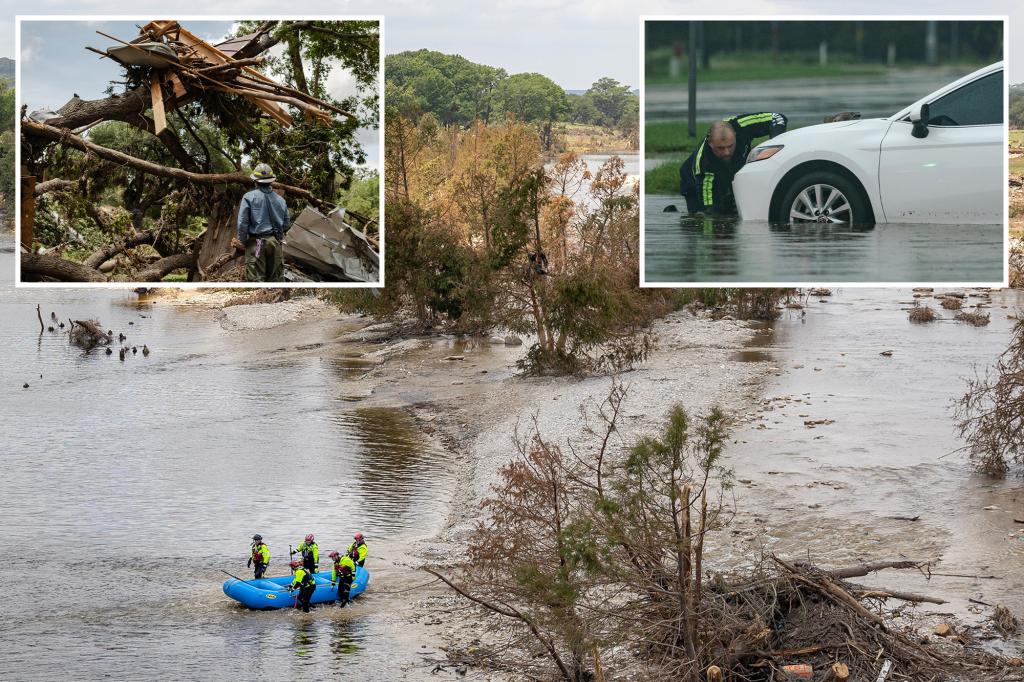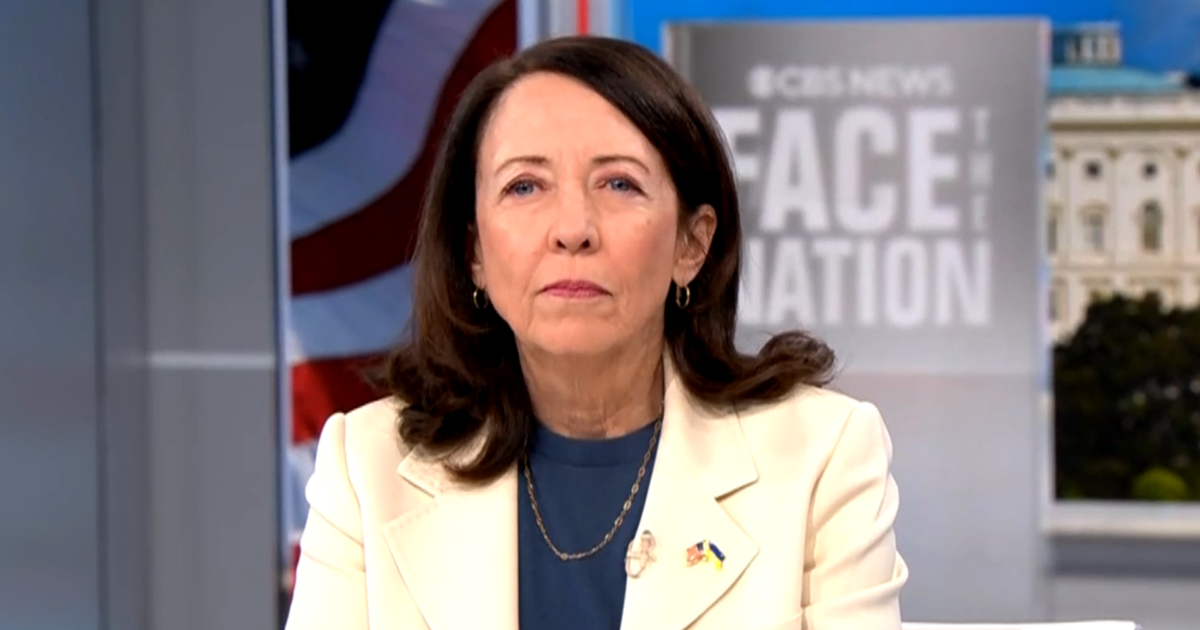As Cyclone Fengal rapidly approaches the southeastern coast of India, the city of Chennai is bracing for what could be a significant weather event. The local administration has activated its emergency response protocols, with the Emergency Management and Research Institute (EMRI) Control Centre going on high alert. Authorities are urging residents to take immediate precautions in preparation for potential disruptions caused by this formidable storm. This article will explore the evolving situation in Chennai, provide essential safety guidelines, and analyze the broader implications of this storm for the region.
Chennai on High Alert as Cyclone Fengal Approaches
Chennai, the capital city of Tamil Nadu, is no stranger to cyclonic disturbances, with several storms affecting the city in recent years. However, Cyclone Fengal is garnering attention due to its strength and the potential impact it could have on the region. Meteorologists have issued a red alert, signaling that the storm could bring heavy rainfall, gale-force winds, and the possibility of coastal flooding. With the EMRI Control Centre activated, the city’s emergency services are on high alert to ensure swift response to any crisis.
The Current Status of Cyclone Fengal
Cyclone Fengal is currently located in the Bay of Bengal and is forecasted to intensify before making landfall in the coming hours. According to the Indian Meteorological Department (IMD), the cyclone is expected to cross the coast near Chennai, bringing with it winds that could reach speeds of up to 120 km/h (75 mph). These conditions are likely to cause widespread damage to infrastructure, disrupt power lines, and lead to waterlogging in low-lying areas.
- Wind speeds: Expected to reach 100-120 km/h (62-75 mph), potentially uprooting trees and causing structural damage.
- Rainfall: Heavy rains are anticipated, with the potential for flash flooding in vulnerable areas.
- Storm surges: Coastal areas may experience a rise in water levels, increasing the risk of flooding.
Emergency Measures and Precautions
The activation of the EMRI Control Centre marks a coordinated response to the impending crisis. The center, which is responsible for managing medical emergencies, is prepared to handle an influx of disaster-related calls, dispatching ambulances and rescue teams as needed. In addition to medical services, Chennai’s disaster management teams are working in close coordination with local police, fire departments, and the National Disaster Response Force (NDRF) to ensure that the city is as prepared as possible.
Citizens are advised to adhere to the following safety guidelines:
- Stay indoors: Avoid going out unless absolutely necessary, particularly in areas prone to flooding or high winds.
- Secure property: Strengthen windows and doors, and clear balconies or terraces of any loose objects that could be blown away by strong winds.
- Keep emergency supplies: Ensure you have essentials like food, water, batteries, and medications in case of power outages or limited access to resources.
- Monitor weather updates: Stay tuned to official weather channels or apps for the latest alerts and advisories.
The Broader Impact of Cyclone Fengal
While Chennai is at the forefront of the storm’s path, the cyclone’s effects are likely to extend beyond the city. The entire coastal region of Tamil Nadu, as well as parts of Andhra Pradesh, are expected to be affected by the storm’s heavy rainfall and high winds. Flooding, disruptions to transportation networks, and the potential for widespread power outages could have significant economic and social implications.
Economic Disruptions
Chennai is a major economic hub in southern India, with a thriving manufacturing sector, an active port, and a large tech industry presence. A storm of this magnitude could lead to disruptions in trade, logistics, and the functioning of industries. For instance:
- Port operations: The Chennai Port, one of the largest in India, might face delays due to rough seas and poor visibility, potentially affecting the supply chain for goods both locally and internationally.
- Air travel: Chennai International Airport is expected to suspend operations in the event of severe weather conditions, leading to flight cancellations and delays.
- Power outages: Power disruptions may affect businesses and homes, especially in vulnerable areas, where transmission lines may be damaged by strong winds and falling trees.
The local government has set up compensation mechanisms to assist those affected by potential property damage, but the economic recovery process could take weeks, if not months, depending on the extent of the damage.
Environmental Concerns
The environmental impact of Cyclone Fengal also requires close attention. Coastal ecosystems, particularly mangroves and wetlands, which play a crucial role in mitigating the effects of storms, could be damaged by the storm surge and heavy rains. Additionally, the risk of soil erosion in affected areas is heightened, which could further disrupt agriculture and local ecosystems. Protecting these vital resources is an ongoing challenge, and experts emphasize the importance of sustainable coastal management practices.
Lessons from Past Cyclones
Chennai and the surrounding regions have faced several cyclonic storms in the past, including Cyclone Vardah in 2016 and Cyclone Gaja in 2018. Each of these storms brought lessons in terms of preparedness and response. For example, the 2016 storm highlighted the need for better communication with the public and the importance of timely evacuations, especially in flood-prone areas.
One of the significant improvements since then has been the establishment of early warning systems and the increased use of technology to predict storm trajectories. Social media platforms and mobile apps have become essential tools in disseminating real-time updates to citizens, enabling them to make informed decisions about evacuation and safety. However, challenges remain in reaching vulnerable populations who may not have access to such technology.
Conclusion: A Call for Collective Preparedness
As Cyclone Fengal approaches, Chennai is preparing for a difficult few days ahead. With emergency services on high alert, authorities are working tirelessly to ensure the safety of residents. However, the responsibility of staying safe lies not only with the government and emergency services but also with individual citizens. By adhering to safety guidelines and staying informed, the people of Chennai can significantly reduce the risks associated with this storm.
Beyond the immediate response, this event also underscores the growing need for long-term investments in disaster preparedness, resilient infrastructure, and community engagement. Cyclonic storms like Fengal are a stark reminder of the vulnerability of coastal cities to climate change and extreme weather events. As the city braces for impact, it is essential for all stakeholders—government, industry, and the public—to work together to mitigate the effects of such storms in the future.
For more information on disaster preparedness and how you can stay safe during extreme weather events, visit National Disaster Management Authority (NDMA).
See more Your Daily Weather



